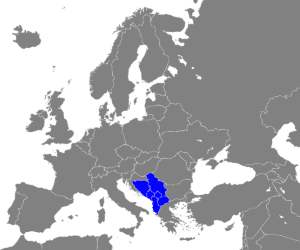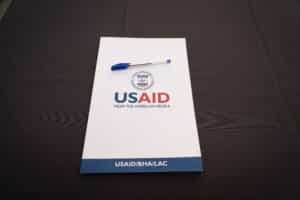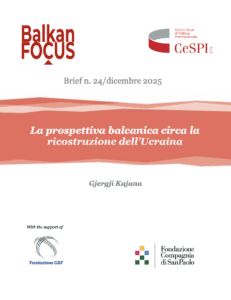On 25 March Turkmenistan held elections for its parliament without any real competition. The country is an authoritarian state, with a president surrounded by a personality cult, even having a golden statue of himself in the capital. Three parties, more than ever, ran in the latest elections, but was it really different from previous elections?
A non-existent opposition
Turkmenistan is widely known to have no real opposition. The only nominal opposition party, the Party of Industrialists and Entrepreneurs, was established to show that the country is not a single-party-state. It is mostly used by the ruling party, the Democratic Party (DPT), as a tool. Since 2014, there has been a third party, claimed as a progress in Turkmen politics. The Agrarian Party ran for the first time in parliamentary elections and is expected to come in third and by that not threatening the position of the DPT. In light of this competition, it should be mentioned that Freedom House listed Turkmenistan as one of the 12 “worst of the worst countries” in terms of political freedom and civil liberties.
Campaigning wise, the elections were as calm as ever. The parties’ programmes consisted of small development goals and did not address social problems or voice any criticism. Although, a recent drop in the country’s financial situation due to Russia’s backing out of gas trade, which is Turkmenistan’s main source of income, could have opened the possibility for state criticism, none can be found. There were no debates in the media, because it remains strictly controlled by the president. As a result, many candidates were unknown to the voters.
Conscientious abstaining
The only opposition action that can be found was the simple refusal to vote. President Gurbanguly Berdimuhamedows takes a great pride in high voter turnouts, they usually exceed the 90% mark easily, according to official statements. This time, again, it went up to 91,7% according to the Central Election Commission (CEC). But some voters voice their discontent with the state through not taking part. Middle class trader Ovez Chariyev, for example, said that he would not participate because he does not see “the point of me going to vote for people I don’t know”.
Election day itself was marked by many celebrations and no recorded protests. Maskat Muratdyrdyev, head of a polling station said that “the election (…) will bring peace, prosperity and stability”. The stations offered music, dance shows and food to voters who came. The CEC’s chairman G. Muradov declared that “there were no applications or complaints during the preparation and conduct of the elections” and that “elections were held in a multi-party-system, as well as universal, equal, direct, secret, free electoral right on an alternative basis”. The CEC, whose members are all appointed by the president, also invited Chinese election observers from the Shanghai Cooperation Organization, who stated that the elections were very transparent and democratic. China plays an increasingly important role in Turkmenistan’s economy, since it became its biggest gas trade partner after Russia backed out.
The president’s plan for his son
Subject to the election were 125 seats with 284 candidates, including most remarkably the president’s son Serdar Berdymukhamedov. He has been unknown to the public until the release of an official biography. Since then, he has taken part in diplomatic relations with other countries. He will most likely be able to defend his seat in the Akhal region as a candidate of his fathers’ DPT. More importantly, he is up as a candidate for the position of speaker of parliament.
In 2016 a new constitution was introduced, which raises the upper age for presidential candidates and extends the presidential term from 5 to 7 years. Moreover it makes the president head of government, parliament, military and media. However, if he cannot fulfil his duties, the speaker of parliament will take his place. Therefore, if Berdymukhamedov’s son will get this position, he can be considered the president’s successor. The 36-years-old already showed himself acting as a head of state by attending a summit of Central Asian leaders in Kazakhstan in his father’s name.
At the time of this writing (28 March 2018), the exact election results have not been published by the CEC. But the outcome will not be surprising. Even if the “opposition” wins more seats than they had before, they will stay loyal to the president and make no difference in the country’s politics. The parliament, as it did in the past, will vote in favour of every bill that the government introduces. The seemingly multi-party-system is a farce and part of the president’s game. In fact, the Turkmen people do not have a choice.
Sources:
Reuters I. Reuters II. Reuters III. OSCE Deutsche Welle Nation EA Daily voanews NZZ rferl



